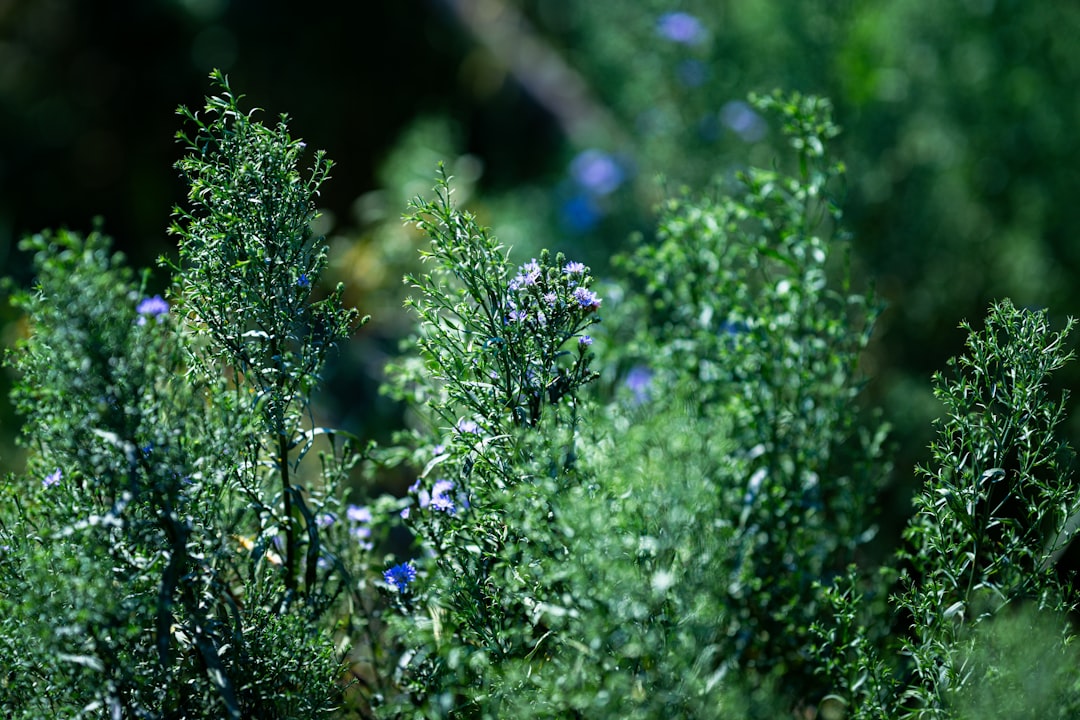Unveiling the Magic of a Vibrant Herb Garden

Embarking on the journey of creating a herb garden is like stepping into a world of endless possibilities. A well - planned herb garden is not just a collection of plants; it is a living, breathing work of art that engages all your senses. This colorful herb garden plan we are about to explore is a testament to the beauty and functionality that can coexist in a small patch of land.
First and foremost, let's talk about the visual appeal of this herb garden. Imagine a riot of colors - the soft, silvery - green of sage, the bright, lime - green of basil, and the deep, purplish - blue of lavender. These herbs, when planted together, create a tapestry of colors that is both soothing and invigorating. The different textures of the leaves also add to the visual interest. The smooth, shiny leaves of parsley contrast with the fuzzy, velvety leaves of thyme, creating a dynamic and ever - changing landscape.
But the beauty of this herb garden is not just skin - deep. Each herb in this plan has its own unique aroma and flavor. Basil, with its sweet and slightly peppery scent, is a staple in Italian cuisine. It can be used to make pesto, a delicious sauce that can be spread on bread, tossed with pasta, or used as a topping for pizza. Rosemary, on the other hand, has a strong, pine - like aroma and a slightly bitter flavor. It is perfect for roasting meats and vegetables, adding a depth of flavor that is hard to match.
When it comes to planning the layout of your herb garden, there are a few key things to keep in mind. One of the most important factors is sunlight. Most herbs thrive in full sun, which means they need at least six hours of direct sunlight per day. However, some herbs, such as mint and parsley, can tolerate partial shade. So, when you are choosing the location for your herb garden, make sure to take into account the amount of sunlight the area receives throughout the day.
Another important consideration is soil quality. Herbs generally prefer well - drained soil that is rich in organic matter. You can improve the soil quality by adding compost or aged manure before planting. This will not only provide the herbs with the nutrients they need but also help to retain moisture in the soil.
Now, let's talk about the actual planting process. You can start your herb garden from seeds or from seedlings. Starting from seeds is more cost - effective, but it requires more time and patience. If you choose to start from seeds, make sure to follow the instructions on the seed packet carefully. You will need to start the seeds indoors several weeks before the last frost date in your area. Once the seedlings have grown large enough, you can transplant them into your garden.
If you prefer to start with seedlings, you can purchase them from a local nursery or garden center. This is a quicker and easier way to get your herb garden up and running. When planting the seedlings, make sure to space them out properly to allow for growth. Different herbs have different spacing requirements, so make sure to do your research before planting.
Maintenance is also an important part of keeping your herb garden healthy and thriving. Regular watering is essential, especially during hot, dry weather. However, be careful not to over - water, as this can lead to root rot. You should also fertilize your herbs regularly, but use a light - hand approach. Too much fertilizer can cause the herbs to produce too much foliage at the expense of flavor.
Pruning is another important maintenance task. By pruning your herbs regularly, you can encourage bushier growth and prevent them from becoming leggy. You can use the pruned leaves in your cooking, so it's a win - win situation. For example, when pruning basil, you can pinch off the top leaves to encourage the plant to branch out. This will result in a fuller, more productive plant.
In conclusion, this colorful herb garden plan offers a wonderful opportunity to enjoy the beauty, aroma, and flavor of fresh herbs right in your own backyard. Whether you are an experienced gardener or a beginner, creating a herb garden is a rewarding and fulfilling experience. So, roll up your sleeves, get your hands dirty, and start enjoying the many benefits of your very own herb garden today!